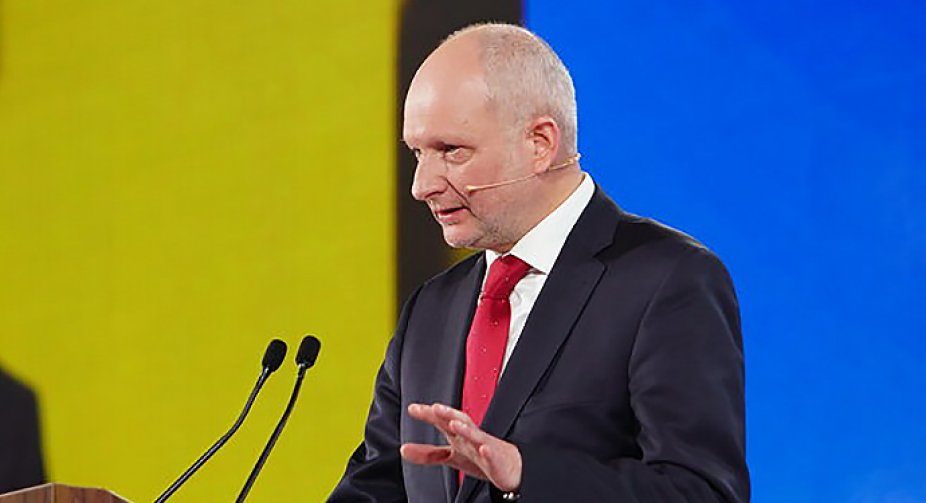Before the accession negotiations, the European Commission must assess Ukraine's progress in work on seven priority areas of reforms that accompanied the decision to grant candidate status in June.
EU Ambassador to Ukraine Matta Maasikas said this in an interview with "European Truth".
"Ukraine now has the status of a candidate. Legally, the next step is the beginning of accession negotiations, according to the established EU enlargement procedure. But before that, the European Commission must assess Ukraine's progress in work on seven priority areas of reforms. These are the recommendations that accompanied the decision to grant. candidate status in June," he said.
According to Maasikas, today it is difficult to talk about the possible time frames of this assessment.
"Usually it happens like this: a country submits an application for accession, and then the EU evaluates it, and before granting candidate status, conditions are put forward. In the case of Ukraine, it was the other way around. The decision on June 23, in essence, means that the EU trusts Ukraine." , - said Maasikas.
He emphasized that the EU did not establish clear conditions for the next steps, but granted candidate status, but at the same time expects that Ukraine will work on these areas.
"If you look at the seven spheres, the seven recommendations, then what is written there is not something that can be done quickly, in a week. It will take more time. And the European Union will assess the overall picture. It should be expected that the second half of 2023 is that time , when you can expect any conclusions from this assessment. As part of the normal process of expansion, which also applies to other countries," the ambassador explained.






